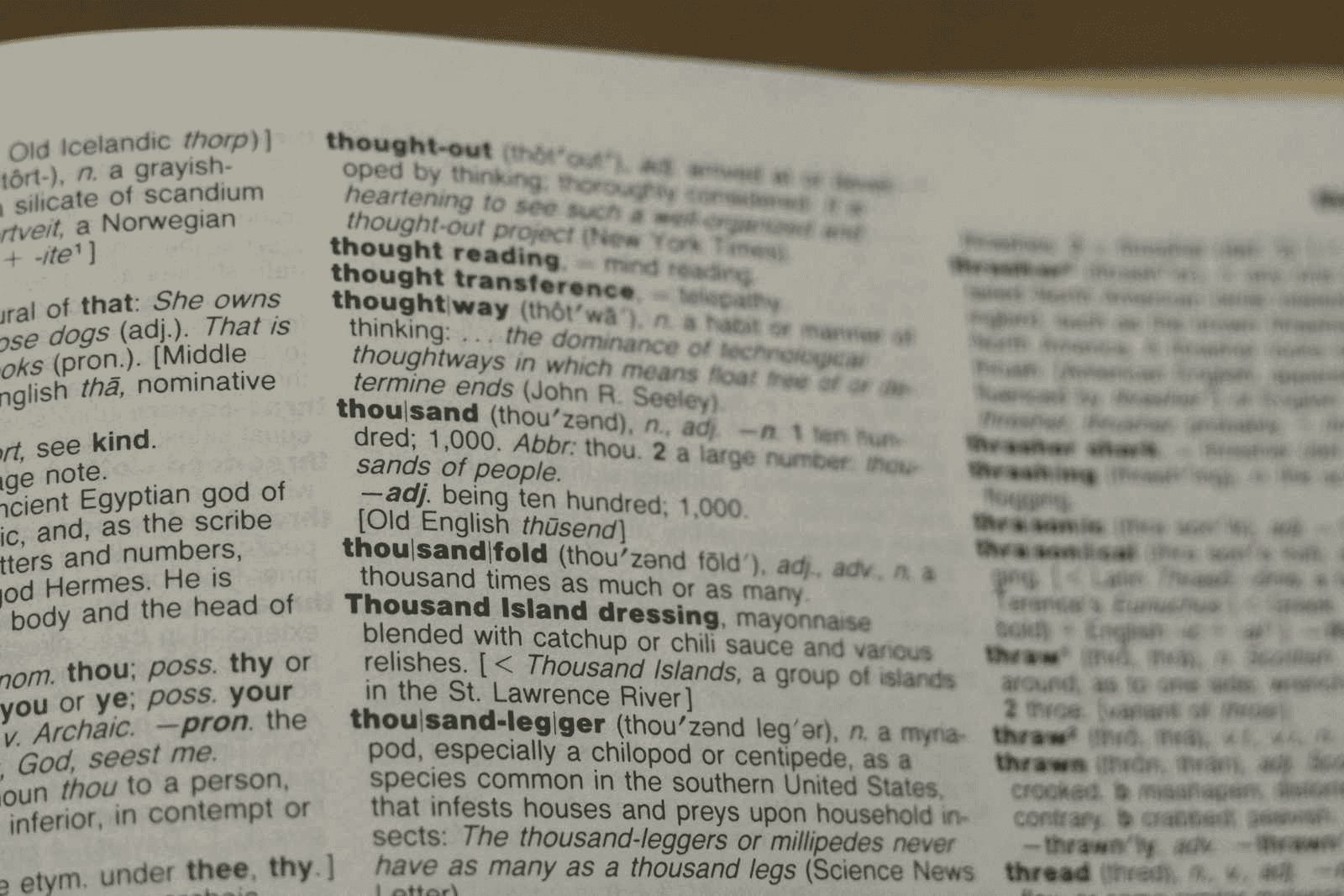Match types are ever important for running campaigns in Google ads, letting us control how closely a user’s search query matches our chosen keywords. However, though today’s match types have the same name and general descriptions as match types from a few years ago, they currently behave very differently. In this blog, I’ll go through a few quirks that we as an agency have noticed.
Match Types Have Broadened
We all know what match types do what.
- Broad will match with anything along the same lines as your keyword.
- Phrase has to have your keyword somewhere in the search term.
- Exact… well… is exact.
However, as you may have noticed if you’ve spent time sorting through search terms coming through your campaigns, these modern match types no longer follow these rules, and you may get irrelevant terms coming through.
Just the other day, I noticed the search term ‘private mental health care for a child’ that came through the exact match keyword ‘private child psychiatrist near me’.
Phrase match seems almost like broad match now, with irrelevant search terms coming through multiple of our clients.
Funnily enough, only broad match seems to be the only one that hasn’t changed much. Though we did lose modifiers a few years ago.
The overall takeaway is that as Google moves towards automation, we need to keep vigilant eye on search terms and utilise negatives to ensure that our ads are only appearing for the correct things.
Match Strength Is Not All That Matters!
Though it might be easy to just say to use exact match for everything, that is not always the case. First and foremost, context must be considered when deciding what match types to use for your situation.
For example, exact match keywords tend to be more expensive. In the past, this would pay off as you’d get exactly what you want. However, as match types have become broader in recent years, this has become less relevant.
By using a combination of using broad/phrase match and vigilant monitoring of search terms can let you trick a low budget campaign into spending a low CPC.
So, to summarise, you should consider:
- Historical data- does your campaign have a history of performing better with different match types? If so, this will be more important to consider than just match strength.
- Budget- you may be unnecessarily making CPC more expensive for yourself by only sticking to exact match. Low budget or small businesses should consider testing broad or phrase.
- Context. The most important thing is to consider your client or your situation in general. Consider what is required, how much search term management you can realistically perform and search volume.
Overall, match types have changed to become more automated and easier to use for those without expertise in PPC and are likely to change even further.
As match types change, we must also adapt. Avoid sticking to just what you’ve learnt and experiment where suitable. Use negative keywords and frequently monitor search terms to make up for irrelevant terms. And remember that there is no ‘correct’ way of doing things that will apply to every account and/or campaign.
Currently, we’re testing out running ad groups with all exact match- except for one broad match keyword. This gives a chance for broad match to learn from data brought in by the more expensive exact match type for smaller clients that have less budget. Remember, the key is to experiment!

